Hibiscus Flowers
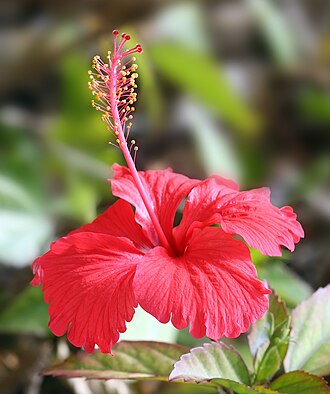
The overall appearance of hibiscus flowers is bold and exotic, making them a popular choice for gardens, decorations, and floral arrangements. Their stunning colors and large size make them a focal point wherever they are displayed. Hibiscus flowers are large, vibrant, and trumpet-shaped, making them one of the most striking and recognizable flowers in the world.
Ingredients:
Rich in Antioxidants
Lowering Blood Pressure
Aiding Digestion
Boosting Immune System
Weight Management
Anti-inflammatory and Antibacterial
Menstrual Health
Preperation:
Rich in Antioxidants: Hibiscus flowers are packed with antioxidants, which help combat free radicals in the body. This can prevent cell damage and reduce the risk of chronic diseases such as heart disease and cancer.
Lowering Blood Pressure: Hibiscus tea is well-known for its ability to lower blood pressure. Regular consumption of hibiscus tea can help in managing hypertension, contributing to cardiovascular health.
Aiding Digestion: Hibiscus has mild diuretic properties and can help in promoting digestion. It is often used to relieve bloating, constipation, and other digestive issues.
Boosting Immune System: Hibiscus is rich in Vitamin C, which is crucial for a healthy immune system. It helps in fighting off colds, flu, and other infections.
Weight Management: Hibiscus tea is also known for its role in weight management. It can help reduce the absorption of carbohydrates, promoting a healthy weight.
Anti-inflammatory and Antibacterial: Hibiscus has anti-inflammatory and antibacterial properties, making it useful in treating minor infections and reducing inflammation in the body.
Menstrual Health: Hibiscus is used in some cultures to regulate menstruation and alleviate menstrual cramps due to its ability to balance hormones and reduce uterine spasms.
Spiritual Properties
Symbol of Love and Passion: Hibiscus flowers are often associated with love, passion, and beauty. In many cultures, they are used in rituals or as offerings to attract love or enhance relationships. The vibrant colors of hibiscus, especially red, are linked to the heart chakra, symbolizing deep emotions and romantic love.
Medicinal Properties
Rich in Antioxidants: Hibiscus flowers are packed with antioxidants, which help combat free radicals in the body. This can prevent cell damage and reduce the risk of chronic diseases such as heart disease and cancer.
Allergic Reactions
You can look up individual ingredient in our Herbal Guide to check on possible allergic reactions.
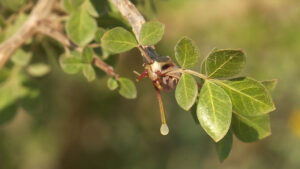
Balm of Gilead
Balm of Gilead Balm of Gilead is derived from the resinous buds of the Populus species, particularly Populus candicans or Populus balsamifera. This aromatic substance
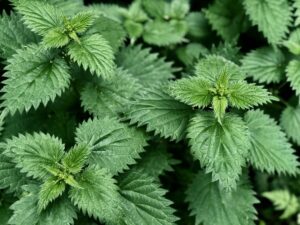
Nettle Leaf
Nettle Leaf Nettle Leaf is a versatile herb known for its numerous health benefits and uses in traditional medicine. It is often used for its
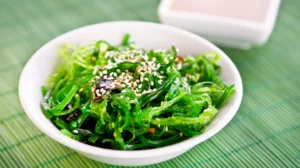
Kelp
Kelp Kelp is a type of large brown seaweed that grows in underwater forests in shallow ocean waters. It is known for its high nutrient
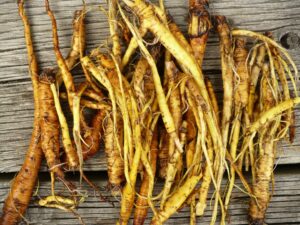
Yellow Dock
Yellow Dock Yellow Dock, scientifically known as Rumex crispus, is a perennial herb known for its distinctive long, curly leaves and deep yellow root. It
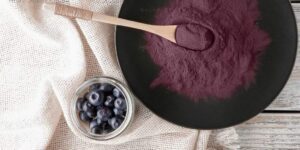
Acai Powder
Acai Powder Acai Powder is derived from the acai berry, a small, dark purple fruit native to the Amazon rainforest. This superfood is known for
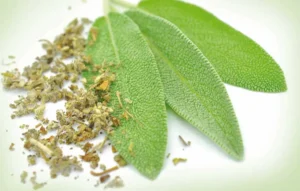
Sage Leaf
SageLeaf Sage Leaf comes from the Salvia officinalis plant, which is part of the mint family. The leaves are known for their aromatic properties and